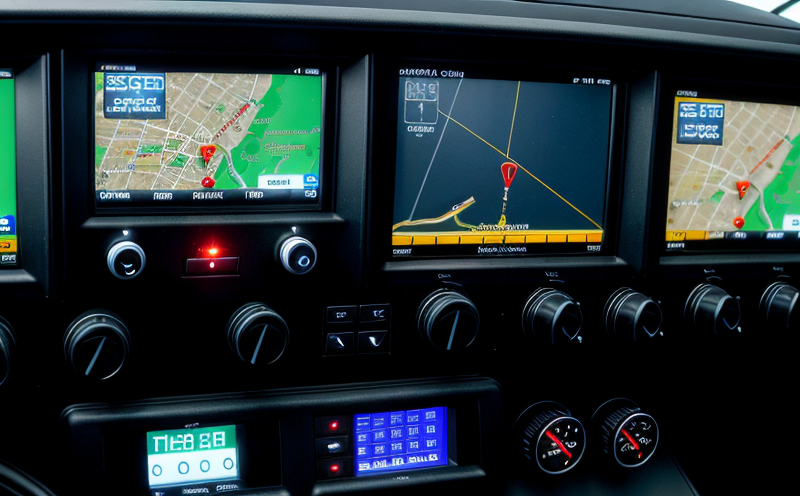IALA E-200-1 Aids to Navigation Signal Light Testing
The IALA E-200-1 standard is a critical component in ensuring the safety and efficiency of maritime navigation. This document provides specifications for aids to navigation signal lights, which are essential for guiding vessels through various conditions and ensuring that they operate safely and effectively within their intended environments.
Signal lights play an integral role in maintaining order on the waterways by providing necessary information to ships and other marine traffic. These signals can include flashing beacons, lighted buoys, and other visual aids designed to alert mariners of potential hazards or guide them through specific channels. The IALA E-200-1 standard ensures that these devices meet international standards for performance and reliability.
Testing signal lights according to this specification involves several key steps, including pre-test preparation, calibration, functional testing under simulated conditions, and final inspection. Preparing the specimens requires ensuring they are in optimal condition before any tests can begin. Calibration ensures that all instruments used during testing function accurately, providing reliable data.
Functional testing typically includes assessments of color rendition, intensity, angular coverage, switching characteristics, and other parameters specified by IALA E-200-1. Each parameter is crucial for ensuring the signal light functions correctly in its intended role. For instance, accurate color rendition helps mariners identify different types of signals easily. Proper intensity ensures that lights can be seen from sufficient distances, while appropriate angular coverage guarantees visibility across various angles.
Switching characteristics are also vital because they determine how quickly and reliably the signal light changes states (e.g., flashing or steady). Any delay or inconsistency could potentially cause confusion among mariners. After completing all functional tests successfully, a final inspection confirms that no issues were overlooked during previous stages of testing.
Testing laboratories adhering to IALA E-200-1 standards employ advanced equipment and techniques tailored specifically for evaluating signal lights' performance accurately. These labs often utilize computerized systems capable of automating many aspects of the testing process, ensuring consistent results while minimizing human error.
The importance of thorough compliance with these tests cannot be overstated. Non-compliance may lead to safety hazards on waterways, increasing risks for all involved parties. Ensuring that signal lights meet strict criteria helps maintain high standards throughout global maritime operations.
Why It Matters
The proper functioning of navigation signal lights is paramount to ensuring safe and efficient maritime activities worldwide. Compliance with IALA E-200-1 ensures that these critical aids operate reliably under various conditions, thereby reducing the likelihood of accidents or miscommunications between vessels.
Non-compliance can result in significant risks, including but not limited to:
- Hazards for marine traffic
- Potential collisions
- Increased risk during adverse weather conditions
- Economic losses due to delays or accidents
- Damage to equipment and structures
By adhering strictly to IALA E-200-1 standards, laboratories contribute significantly towards enhancing maritime safety. Their role in testing signal lights plays a crucial part in upholding these international norms.
Applied Standards
| Standard | Description |
|---|---|
| IALA E-200-1 | Specifications for aids to navigation signal lights. |
| ISO 9605:1988 | Light characteristics of rotating, flashing or intermittently-flashing lights. |
| EN ISO 23741-1:2016 | Signalling equipment for ships - Part 1: General requirements and test methods. |
International Acceptance and Recognition
The IALA E-200-1 standard is widely accepted internationally, ensuring uniformity in the testing and certification of navigation signal lights across different regions. This consistency helps streamline international trade and collaboration among maritime nations.
Countries around the world rely on laboratories that adhere to these standards when conducting inspections or certifications for marine equipment. Laboratories like ours are recognized globally for our expertise in this field, allowing us to serve clients from various countries confidently.
Our rigorous testing processes and strict adherence to IALA E-200-1 guarantees compliance with international regulations, fostering trust among maritime stakeholders worldwide. By partnering with such reputable laboratories, organizations can ensure their products meet the highest standards recognized globally.





